Autism and self-care in college. Contributor Katie Matthews shares some tips and examples of self-care. We know that the college transition can be an especially challenging time for autistic students, so it’s essential to schedule time for yourself. Sometimes, we all get the message that self-care is frivolous or less important than other tasks. However, Katie shares why it’s a bad idea to skimp on the things that connect and ground you.

College students spend a lot of their day studying, attending extra-curricular activities, and managing their schedule. In other words, you’re busy! That’s why it’s important to also prioritize taking care of yourself. Self-care is defined as “any activity that we do deliberately in order to take care of our mental, emotional, and physical health.” It’s a simple concept, in theory. However, it’s something we very often overlook. But why is it so important to keep up good, consistent self-care for autistic students?
According to a recent article, “Good self-care is key to improved mood and reduced anxiety. It’s also key to a good relationship with oneself and others” (Michael, 2018). This is important because for students who have autism spectrum disorders, anxiety can be especially overwhelming and negatively impact the academic experience. Self-care should be deliberate and planned for: an intentional focus creates a more powerful impact on outcomes. As an active choice, you will be prioritizing mental health and happiness.
“Self-care is defined as “any activity that we do deliberately in order to take care of our mental, emotional, and physical health.”
For some students, it might be confusing to figure out which activities are truly self-care for yourself versus for classmates or friends. If you’re an introvert or experience social anxiety, it might be stress-inducing to plan a dinner night out on the town. For another student, this might count as self-care as they take a break from their regular dorm routine. For one student, getting a manicure might induce a relaxed state and pleasure from seeing freshly painted nails. For someone else, the powerful scents in the salon and the sensations of having someone else perform an intimate grooming procedure may be off-putting and not at all calming! For autistic students, seeking alone time in quiet, more-controlled environments might be a good place to start.
Often, self-care activities come with the stigma of being selfish activities. They can be perceived as something to do only if time allows or as excessive pampering. However, there is absolutely nothing to feel guilty about! Something as simple as a head massage can reduce stress hormones and blood pressure (In-Hong, et al., 2018), and exercise can reduce “anxiety and can improve physical self-perceptions and in some cases global self-esteem [and] mood states” (Fox, 1999). Choosing activities that do not have the pressure of social communication or fitting into “expected routines” are often the most successful for autistic people.
Self-care ideas
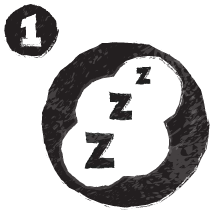 Sleep! Research from Brown University showed that “73% of college students reported sleeping problems while only 11% reported a good sleep. One great tip to increase better sleeping habits is to turn off all electronics at least 30 minutes prior to bedtime” (Francois, 2016). By reducing blue light from electronics and focusing on creating a cool, dark room to sleep in, you are already setting yourself up for deeper and more beneficial sleep. We know that quality, consistent nights of sleep lead to the best cognitive, mood, and mental health outcomes.
Sleep! Research from Brown University showed that “73% of college students reported sleeping problems while only 11% reported a good sleep. One great tip to increase better sleeping habits is to turn off all electronics at least 30 minutes prior to bedtime” (Francois, 2016). By reducing blue light from electronics and focusing on creating a cool, dark room to sleep in, you are already setting yourself up for deeper and more beneficial sleep. We know that quality, consistent nights of sleep lead to the best cognitive, mood, and mental health outcomes.
 Eat well. Plan nourishing meals and stay hydrated throughout the day. Making a designated trip to the grocery store for special ingredients to prepare and then cook a favorite dish can be just the way to spend an evening.
Eat well. Plan nourishing meals and stay hydrated throughout the day. Making a designated trip to the grocery store for special ingredients to prepare and then cook a favorite dish can be just the way to spend an evening.
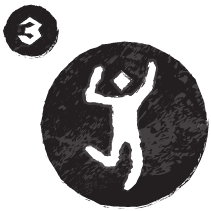 Exercise has been proven countless times to have a positive impact on stress and anxiety levels. Exercise is easy to push to the back burner. Yet, most campuses have student gyms or outdoor spaces to walk, run, or engage in a club sport. Take advantage of this!
Exercise has been proven countless times to have a positive impact on stress and anxiety levels. Exercise is easy to push to the back burner. Yet, most campuses have student gyms or outdoor spaces to walk, run, or engage in a club sport. Take advantage of this!
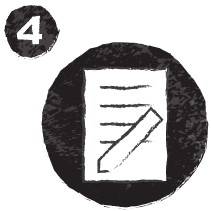 Journal. Many students find it calming and refocusing to write down their internal thoughts. Try writing down what you are grateful for or positive things that have happened that week. Practice positive self-talk and mental outlooks.
Journal. Many students find it calming and refocusing to write down their internal thoughts. Try writing down what you are grateful for or positive things that have happened that week. Practice positive self-talk and mental outlooks.
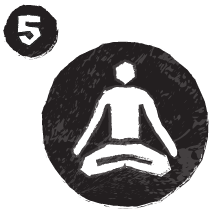 Mindfulness. Journaling can be one kind of mindfulness, but there are other techniques. Consider yoga, YouTube channels with mindfulness exercises, or relaxing breathing patterns.
Mindfulness. Journaling can be one kind of mindfulness, but there are other techniques. Consider yoga, YouTube channels with mindfulness exercises, or relaxing breathing patterns.
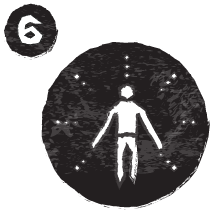 Sensory needs. Think about your sensory needs. Relaxing under a weighted blanket, lighting your favorite scented candle or using aromatherapy are all self-care. So are putting on your favorite playlist, chewing gum, and setting the room’s lighting to meet your preferences. Sensory expert and Occupation Therapist Cara Koscinski highlights on her blog how sensory products are useful for autistic adults. She includes items such as compression clothing, bean bags, noise canceling headphones, and adult coloring books. Planning time to spend using such supports can be important self-care to add to your routine!
Sensory needs. Think about your sensory needs. Relaxing under a weighted blanket, lighting your favorite scented candle or using aromatherapy are all self-care. So are putting on your favorite playlist, chewing gum, and setting the room’s lighting to meet your preferences. Sensory expert and Occupation Therapist Cara Koscinski highlights on her blog how sensory products are useful for autistic adults. She includes items such as compression clothing, bean bags, noise canceling headphones, and adult coloring books. Planning time to spend using such supports can be important self-care to add to your routine!
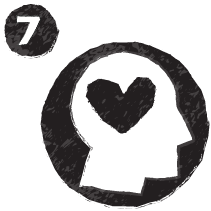 Be kind. Talk to yourself as you would want others to speak to you. Mantras such as “You’re doing just fine” or “I can get through this” have a strong impact on your emotional reaction to challenging situations.
Be kind. Talk to yourself as you would want others to speak to you. Mantras such as “You’re doing just fine” or “I can get through this” have a strong impact on your emotional reaction to challenging situations.
While practicing self-care, reflect on what is working and what is not. Accept that you’re human and don’t try to be perfect or “do it all.” This will help give you realistic expectations on how much you can handle in a day. Strive to know your limits and check in with yourself when you are feeling stressed or at risk for burning out. Often these times come just when we neglect our own self-care. Try saying no to activities if you don’t feel up to them. Also, don’t be hesitant to advocate for time for yourself (Barnett, 2003).
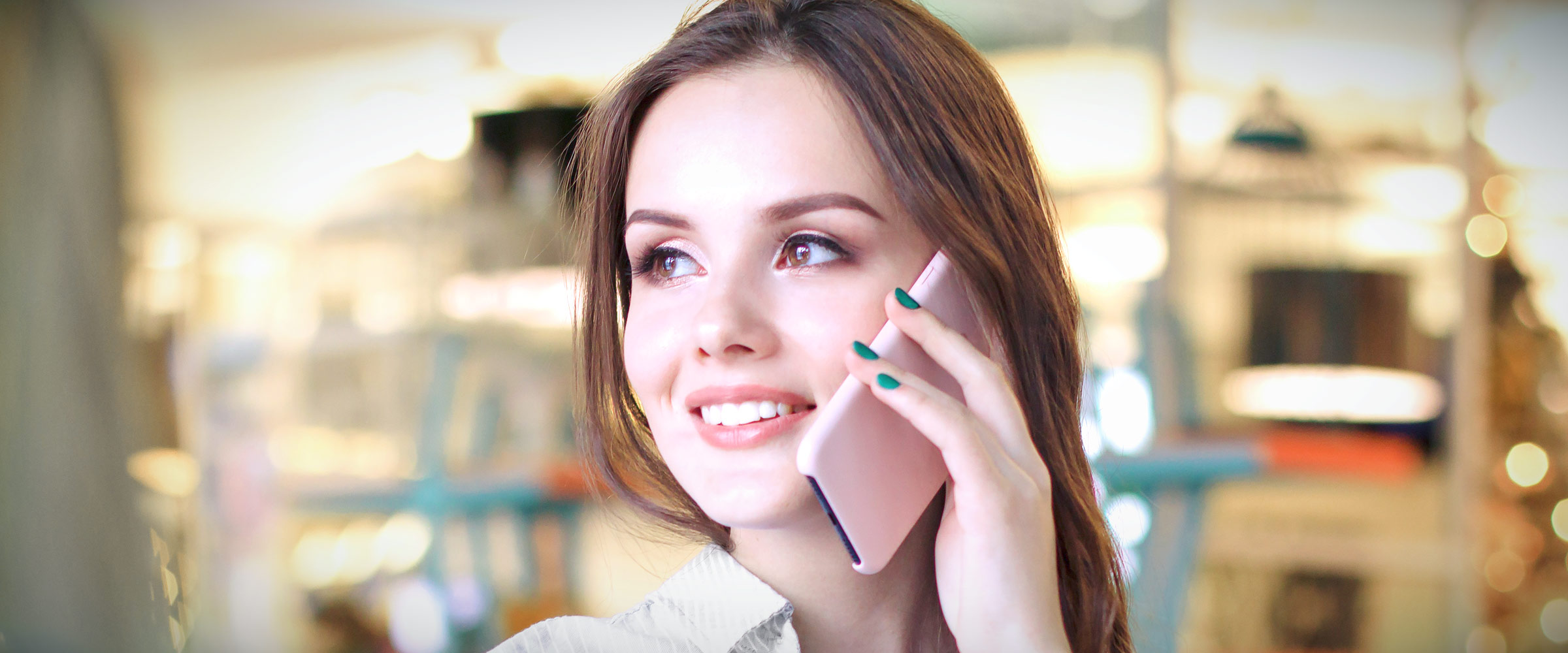
Practice advocating for your own self-care needs. Think about what language you can use in different situations. For example, if your parent wants you to attend a family dinner in the middle of an exam week, you can be prepared. Try using words such as, “I would love to come, but I need to take some time to unwind by myself tonight. Friday or Saturday night would work much better for me.” There’s no need to apologize or feel guilty. Instead, feel confident in prioritizing your own needs. That way, you’ll be in the best place to connect and enjoy the family dinner when it works for you.
When you regularly practice self-care, you’ll set yourself up to take on the day with confidence and a positive outlook.

What types of self-care routines have worked for you?
Are there any activities you are eager to try?
Let me know by leaving a comment below!
Sources
- Barnett, J. E. Psychological wellness and self-care as an ethical imperative. Retrieved from: https://www.apa.org/careers/early-career/psychological-wellness.pdf (PDF, 314KB).
- Borden, R. 2018, May 08. Self-Care for the Busy College Student. Retrieved from https://shcs.ucdavis.edu/blog/self-care-busy-college-student
- Francois, M. 2016, October 23. 8 Quick Self-Care Strategies for College Students. Retrieved March 9, 2019, from https://www.mindsoother.com/blog/8-quick-self-care-strategies-for-college-students
- Fox, K. (1999). The influence of physical activity on mental well-being. Public Health Nutrition 2(3a): 411-418.
- In-Hong, K., Tae-Young, K., & Young-Wan, K. 2018, October 28. The effect of a scalp massage on stress hormone, blood pressure, and heart rate of healthy female. J Phys Ther Sci. (10): 2703–2707. Retrieved online Feb 28, 2019. doi: 10.1589/jpts.28.2703
- Koscinski, C. 2017, June 08. The Ultimate List of Sensory Products for Adults. Retrieved March 9, 2019, from https://harkla.co/blogs/special-needs/sensory-products-adults
- Michael, R. 2018, July 08. What Self-Care Is – and What It Isn’t. Retrieved March 9, 2019, from https://psychcentral.com/blog/what-self-care-is-and-what-it-isnt-2/
- Neely, M.E., Schallert, D.L., Mohammed, S.S. et al. Motiv Emot (2009) 33: 88. https://doi.org/10.1007/s11031-008-9119-8




